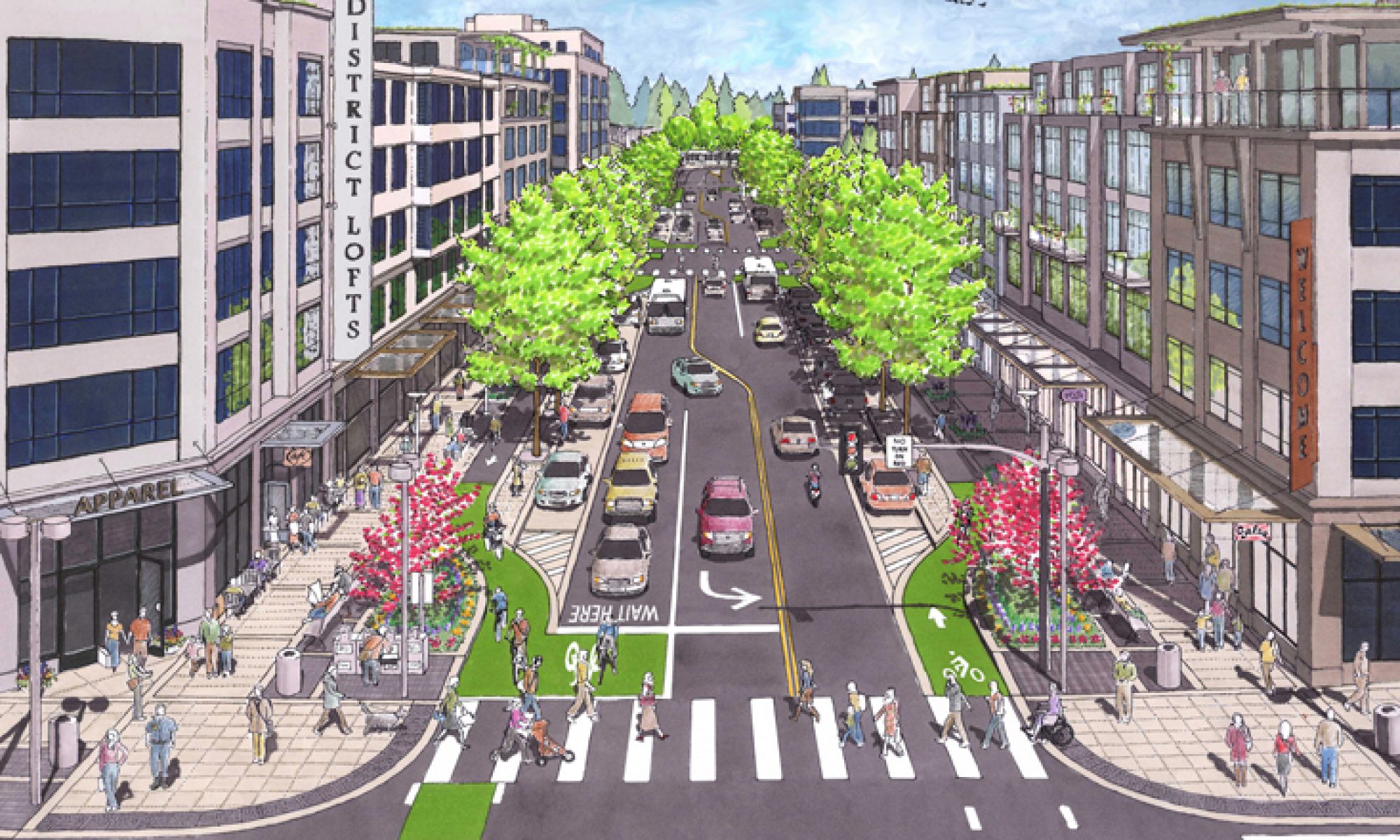The media routinely refers to a person riding a bike as a “cyclist”, especially when there’s a police report as a result of a crash. It is often unintentional on the part of the journalist, but that’s not an excuse. It’s a dehumanization of the person, taking the onus off the driver in a crash. The auto industry has deliberately co-opted our language to devalue people who ride bikes as “cyclists” and the same goes for people walking, labeling them “pedestrians”.
We need to change our perception of who a person riding a bike is, who a Black person riding a bike is, who “owns’ the sport, and we need to change our language….and that’s just a start.
The author of this article, Tamika Butler makes a point that she’s a person, as opposed to a “cyclist”. A Black person, a genderqueer person, a mom. “A person who—particularly when the world seems to be falling apart—needs to bike to feel sane, balanced, and healthy.”
Tamika participated in a panel: Bicycling At The Intersections, with a group comprised of Black trans, femme, women, and non-binary cyclists who collectively shared their experiences of race and identity within the sport, and breaking through white supremacy.
“Bikes Are an Expression of Black Joy. Here’s How 5 Riders Break Through White Supremacy”.
“WE’RE HAVING TO PUSH WHITE PEOPLE’S IMAGINATION OF WHAT WE ARE, AND WHAT WE CAN BE.”
I Love to Ride My Bike. But I Won’t Call Myself a ‘Cyclist.’
THE WORD HAS EVOLVED TO EXCLUDE SO MANY PEOPLE LIKE ME.
I have always thought of myself as “a person who bikes.” More than that, a person who loves to bike. A person who—particularly when the world seems to be falling apart—needs to bike to feel sane, balanced, and healthy. As a mom who is also a genderqueer, Black woman from the Midwest, there are lots of identities I use to describe myself—and plenty of words other people use to describe me. But “cyclist” has never been one of them.I am not skinny. I am not white.
I am not straight. I am not a man. Just Google the term and see that the central casting version of “cyclist” seems to check most or all of these boxes. I have never checked those boxes.
Read more:





